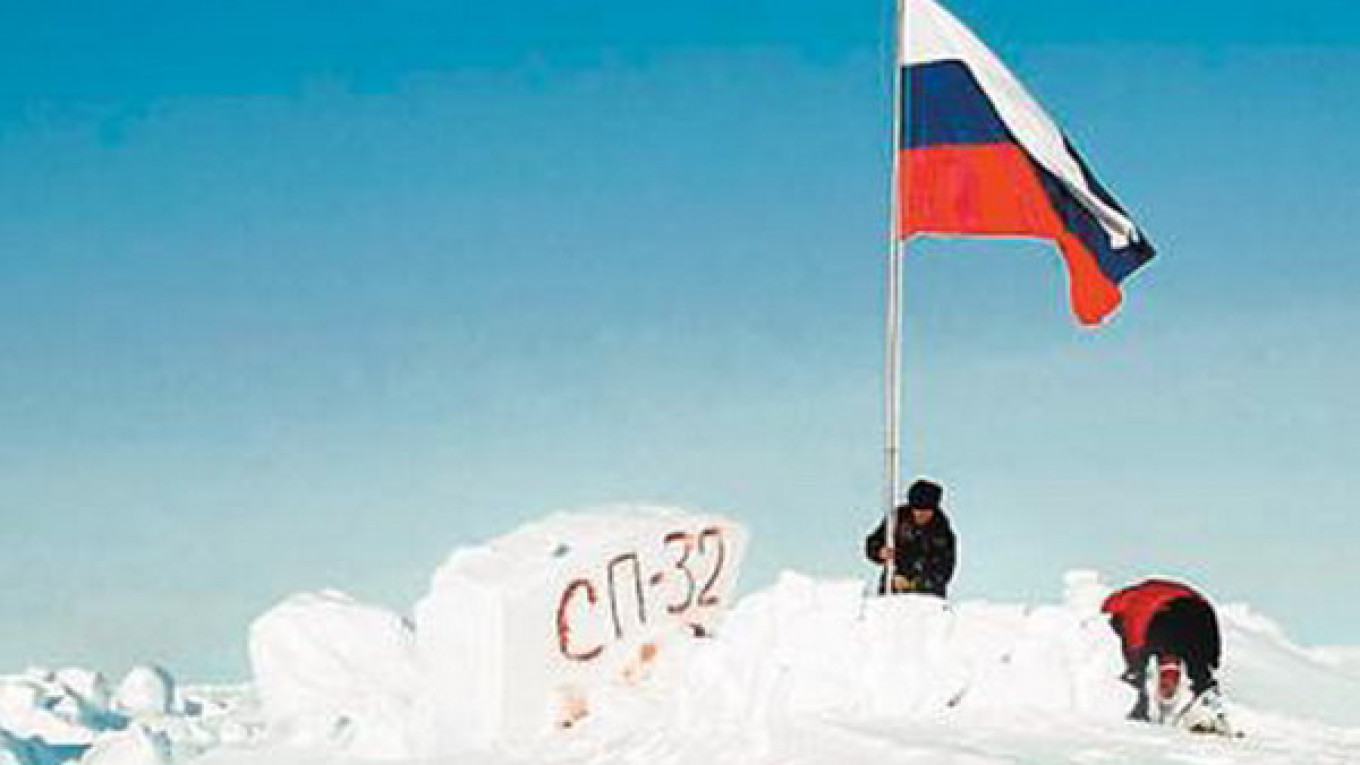In 1553, several fishermen near Arkhangelsk were terrified when a hulking English warship appeared off the coast of the White Sea. The ship's captain, Richard Chancellor, had set out in search of a new northern trade route to China, before storms and ice had blocked his way. Instead, he settled for Moscow. Ivan the Terrible, who welcomed the Englishmen with open arms, was delighted to open a new trade route with Europe.
It was the beginning of a fruitful cultural and commercial relationship. English muskets outfitted the armies of the expansionist Russian state, and Russia provided the timbers for Britain's Navy. Then, in the 1640s, tsar Alexei I watched in horror as King Charles I was overthrown by a palace coup, aided by English traders in Russia. When Charles was executed in 1649, Alexei expelled the English from the capital.
Five hundred years later, relations between Russia and the West have again taken a turn for the worse. Trade is once more used as a weapon. But the souring of relations between Russia and Europe may have serious costs elsewhere — in the freezing seas to the north of Russia.
This huge area is rapidly becoming more accessible. The amount of summer ice in the Arctic Circle has declined by some 50 percent in the past 40 years, bringing new possibilities for intercontinental trade and fossil fuel exploration. Where Chancellor and others could not go, 71 commercial tankers passed in 2013. With a journey between Asia and northern Europe 40 percent shorter than via the Suez Canal, China predicts that 5 to 15 percent of its trade, worth up to $500 billion, will pass through the Northern Sea Route by 2020. Receding ice is also revealing some of the 15 percent of the world's unexplored crude oil and 30 percent of its natural gas. ExxonMobil and Rosneft will begin drilling in the Kara Sea, an area of the Arctic just north of Siberia this year.
Disputes over who controls this landless territory are already underway. Canada has issued claims to sovereignty over the North Pole alongside promises of new military facilities in the region. Russia's petitions to the United Nations have been submitted while Moscow pursues the reconstruction of its Arctic airbases. The Ukrainian crisis will only strengthen calls from Norway and others for a bolstered NATO presence in the Arctic. NATO will deploy more jets to Estonia, Lithuania and Latvia in June. The announcement of a new base in Gdansk for several European military vessels further tips the balance toward militarism.
For the Arctic, solutions are theoretically simple. Rather than tackling territorial disputes bilaterally, such claims should be hashed out under an international treaty, like in the Antarctic. Disputes should be determined solely by due process at the UN, not by flag-planting stunts and base-building. A volatile mix of natural resources, ill-defined borders and military posturing make the region a potentially dangerous flashpoint. With more than 2 million Russians living north of the Arctic Circle, Moscow has much to gain from leading the way back toward international dialogue.
The Old English Court, once home to the first diplomats who inched their way around the Arctic, is located in the the heart of Moscow, a stone's throw away from the Kremlin. Now a museum to British-Russian relations, it is currently closed, apparently suffering damage from the building site next door. Meanwhile, the Arctic itself may prove an arena in which relations between Russia and the West can either be patched up or fall into further disrepair.
Laurence Blair is a historian of European exploration and a political researcher.


